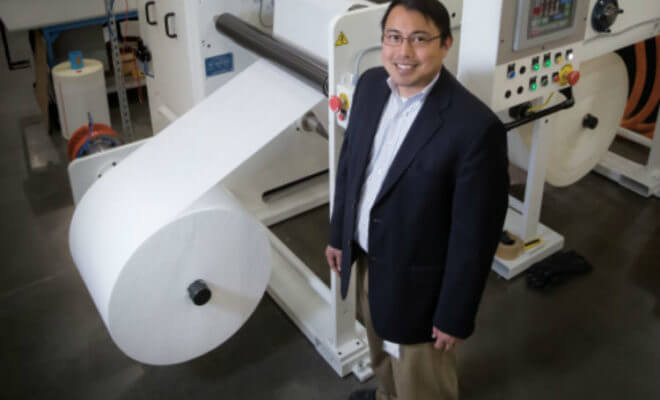With an unmatched combination of advantages that include a low cost of doing business, affordable real estate, a dedicated workforce, a high quality of life and a central location along interstate highways and rail lines, Maury County is setting new records for business recruitment, job creation and population growth.
New and expanding businesses created 1,316 new jobs in 2015 and committed $120 million in capital investments, outpacing the previous year’s totals.
New residents are flocking to Maury County to fill these jobs and take advantage of home prices well below those in nearby locations. Following them are retirees drawn by the affordable cost of living, quality of life and desire to be close to family members who have moved to the county for career opportunities, says John Hill, affiliate broker for Maury County Realty.
“Our location is very good, with close proximity to Nashville and Cool Springs,” he says. “The affordability of homes in Maury County is substantially better. It’s like daylight and dark with some nearby locations.”
Top 100 County
Those new arrivals have propelled Maury County into the rankings of the 100 fastest-growing counties in the United States. In the latest listing, Maury County ranks 89th nationwide.
“Our job market is booming, with over 1,000 jobs landed last year, and people are likely moving closer to seek employment,” says Wil Evans, President of the Maury County Chamber and Economic Alliance.
General Motors will build the 2017 Cadillac SRX and Acadia at its plant in Spring Hill and is doubling its workforce of 1,800 to meet the rising production demand. Auto parts suppliers are also expanding in Spring Hill. Magna Seating built a $16 million manufacturing facility that is creating more than 350 jobs, and Sekisui Plastics recently completed a $5 million expansion. Third-party logistics provider Comprehensive Logistics is investing $30 million in an auto manufacturing support facility that will create over 200 jobs, while Ryder Supply Chain Solutions is investing $16 million to expand existing operations, creating 606 jobs.
Other companies growing in Maury County include Franklin-based global filtration products provider Clarcor, which is investing more than $10 million and creating 25 jobs in Columbia; metal processor and distributor Samuel, Son & Co., Limited, which is investing $32 million in a Columbia facility and creating 42 new jobs; and Sleep Solutions and Services (S3), which is investing $3.6 million to locate a new call center in Columbia that will create 137 jobs.
Local Advantage
Locating in Maury County is a key move in the growth strategy for S3, a medical software and support company specializing in respiratory services, according to David Baxter, owner and president.
“Columbia is a regional hub for health care, which is advantageous,” Baxter says. “In addition, the ability to recruit employees without excessive overhead helps keep our cost structure reduced and helps leverage our company nationally.”
Global tile maker Gruppo Concorde is investing $80 million and creating 180 new jobs in Maury County. Its subsidiary, UST, will operate the facility.
“We have chosen Tennessee for a number of reasons, including the state’s vibrant and business-friendly environment and the warm and proactive welcome we have received from the local community in Maury County,” says Gruppo Concorde executive and UST Inc. President and CEO Federico Curioni.
The county achieved a goal with its designation by the Tennessee Valley Authority as a Valley Sustainable Silver Community. “That status ensures businesses that there are community-wide sustainability initiatives in place,” Evans says. “Maury County is well positioned to continue its record of growth with a combination of affordability and a strong transportation infrastructure that includes I-65, State Route 840 and U.S. highways 31, 99 and 43 as well as two different rail providers,” he continues. “The workforce is equally as strong, with a labor shed providing access to more than 400,000 workers.”
Share this Post

